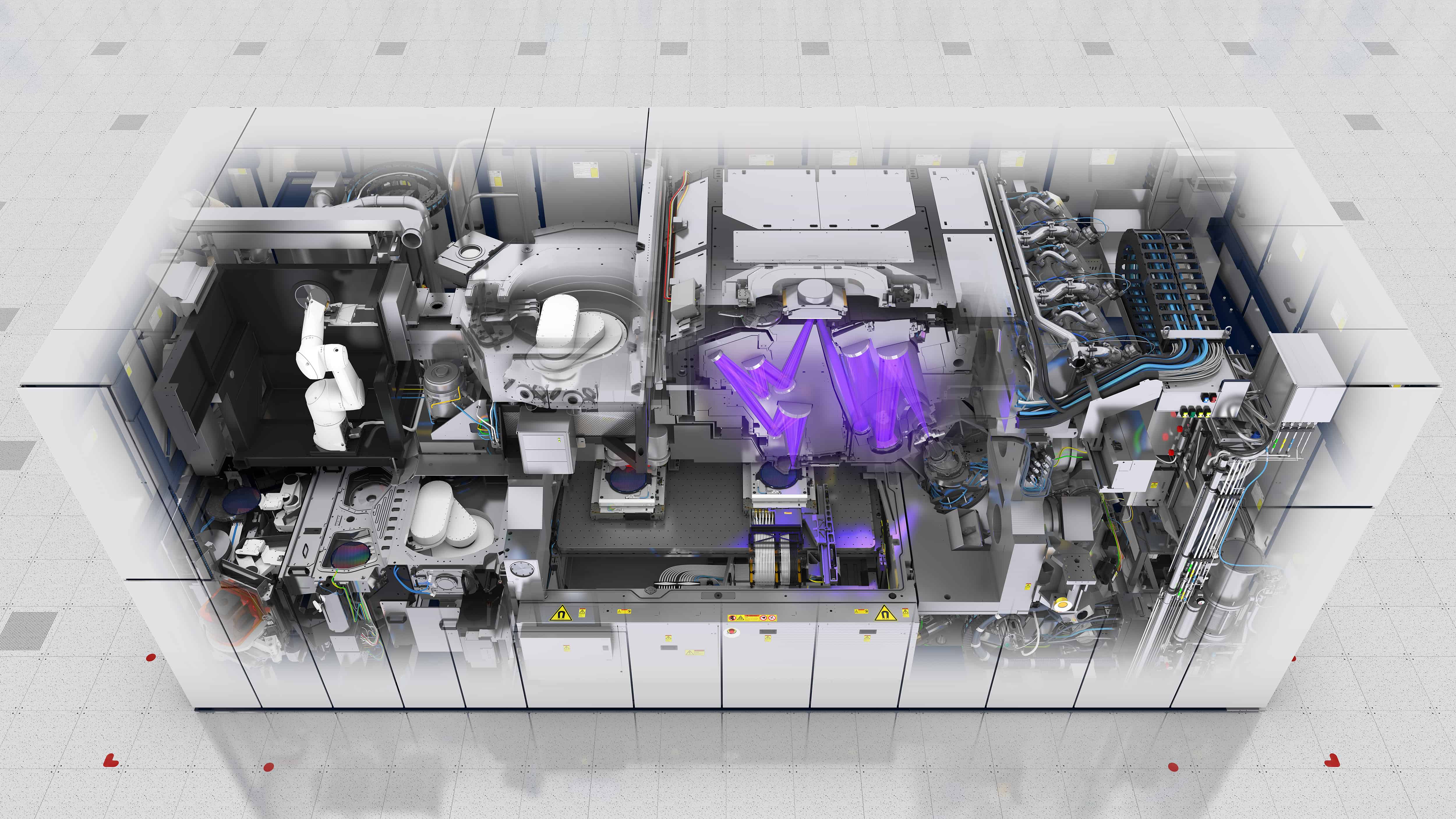
The Dutch government has revoked ASML’s export license to supply some advanced chip machines to China as early as 2023, when it would formally apply only from this year. This unexpected move, influenced by US pressure, concerns some of the high-tech deep ultraviolet (DUV) machines. ASML stresses that it remains committed to complying with international laws and regulations.
Why should I read this article?
The Dutch government has prematurely revoked its export license under pressure from the U.S., preventing crucial chip machines from being exported to China. This unexpected move not only has implications for ASML, but also sheds light on rising geopolitical tensions and the battle for technological superiority between the U.S. and China, with ASML at the center of this complex power struggle.
In a recent statement, ASML announced that the Dutch government has partially revoked the export license to supply certain chip production equipment to China. The systems in question, the NXT:2050i and NXT:2100i lithography systems, are crucial to the chip industry. These devices, whose unit price can reach between 80 and 90 million euros, play a key role in the production of semiconductors used in a wide range of technology, from smartphones to advanced military equipment.
Implications of the export restriction
The impact of the partial withdrawal of the export license seems limited to a small number of Chinese customers. DUV machines, which are one step below the most advanced EUV (extreme ultraviolet) machines, have not been allowed to be exported to China since Jan. 1. This decision follows new U.S. regulations introduced in 2023 giving the U.S. the right to restrict exports of ASML’s “Twinscan NXT1930Di” machine if it contains U.S. components.

ASML’s position
ASML, a dominant player in the lithography systems market, has assured its customers and shareholders that this development will not have a material impact on its 2023 financial outlook. In discussions with the U.S. government, the company has recently gained further clarity on the scope and impact of U.S. export control regulations. The Veldhoven-based company confirms its full commitment to compliance with all applicable laws and regulations, including export control laws in the countries where it operates.
Reactions and consequences
The move by the Dutch government has caused unrest, not only among ASML and affected Chinese customers, but also within the international political arena. China, in a response to Reuters news agency, called on the Netherlands to “respect the law.” On the other hand, several Dutch lawmakers have questioned the Dutch trade minister about the appropriateness of unilateral measures taken by the United States regarding export restrictions on another ASML chip machine.
International tensions and trade
This development is illustrative of the growing geopolitical tensions surrounding technological superiority and the struggle for control of the chip industry. ASML is in the midst of a complex power struggle between the U.S. and China, with the latter seeing its technological development accelerated by export controls from the West. ASML’s chip machines are essential for the production of advanced semiconductors and thus a key battleground in the economic rivalry between the superpowers.
The situation surrounding ASML and export restrictions to China is an example of how international politics can directly intervene in business operations and global supply chains. It also demonstrates the vulnerability of technological progress under pressure from geopolitical power dynamics. It is critical for ASML and its stakeholders to closely monitor developments and adapt to the changing international regulatory and political environment.








